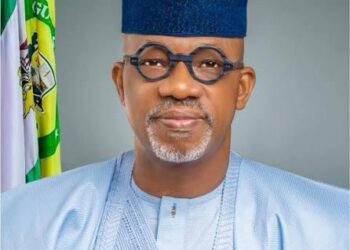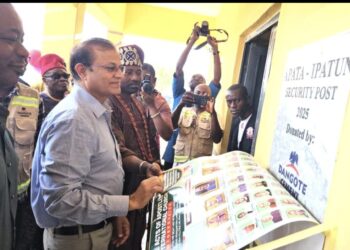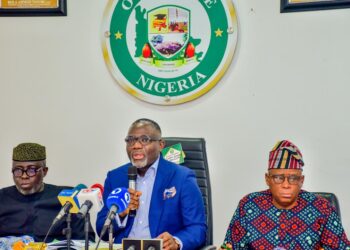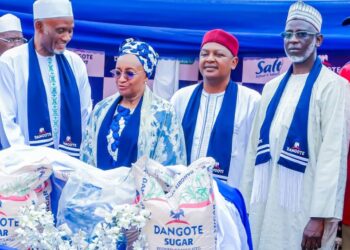By SaiduAdamu
Jalingo
The Environmental and Social Safeguard (E&SS), through the Inclusive Basic Service Delivery and Livelihood Empowerment Integrated Project (IBSDLEIP) has trained participants drawn across flood-prone communities in Taraba State on the impact of flood and it’s mitigation and prevention.
Mr Shadrach Semaka, Sector Head of IBSDLEIP who declared the workshop open in Jalingo on Saturday said that the workshop is part of efforts to tackle the ever worsening impact of flood occasioned by climate change and unhealthy human practices.
Semaka explained that the idea is to train flood mitigation champions who will, in turn, serve as ambassadors in their various communities on best practices and how to manage flood risk so as to reduce its impact on the people and the environment.
“I am delighted to be here today to speak with you about a matter of critical importance to our state: “the impact of floods and how we can work together to prevent them”.
“This training organized by IBSDLEIP, is a testament to our collective commitment to building a more resilient and prosperous Taraba.
“As we all know, Taraba State is blessed with abundant water resources, including the Benue River and its many tributaries.
“However, these same blessings can turn into a curse when we experience heavy rainfall, leading to devastating floods.
“In recent years, we have seen firsthand the tragic consequences of these events.
“The impact of floods goes beyond the immediate destruction.
“It creates a ripple effect that affects our economy, health, and social fabric.
“Our farmers, who are the backbone of our economy, lose their crops and livestock, leading to food scarcity and increased poverty.
“The destruction of infrastructure, like roads and bridges, isolates communities and hinders economic activities,” he said.
Similarly, he stressed that stagnant water left behind by floods becomes a breeding ground for diseases like cholera and malaria, posing a serious threat to public health.
“However, we are not powerless in the face of this challenge.
“We can, and we must, take proactive steps to prevent and mitigate the impact of floods.
“Prevention is not just the responsibility of the government; it is a shared responsibility.
“Each and every one of us has a role to play. Some key actions to take are: refraining from indiscriminate waste disposal, especially in our drainage systems and water channels; planting trees, especially along riverbanks; paying attention to weather forecasts and flood alerts, and many other actions” he further explained.
According to him, the training is designed to equip participants with the knowledge and skills they need to be agents of change in their communities.
“I urge you to take this training seriously, to ask questions, and to share your experiences.
“When you return to your communities, I want you to be a voice of reason, an example of good practice, and a source of inspiration.
“Talk to your families, friends, and neighbours about what you have learned. Organize community clean-up exercises” he emphasized.
Semaka also urged them to advocate better drainage systems so as to build a Taraba State that is not only resilient to the challenges of climate change, but also to be a model of sustainable development for the rest of the country.
He commended the State Program Coordinator (SPC), Mr. Julius Awudu for providing the enabling environment for the program to to be a reality and urged the participants to take the knowledge serious. (vitalnewsngr.com)





















